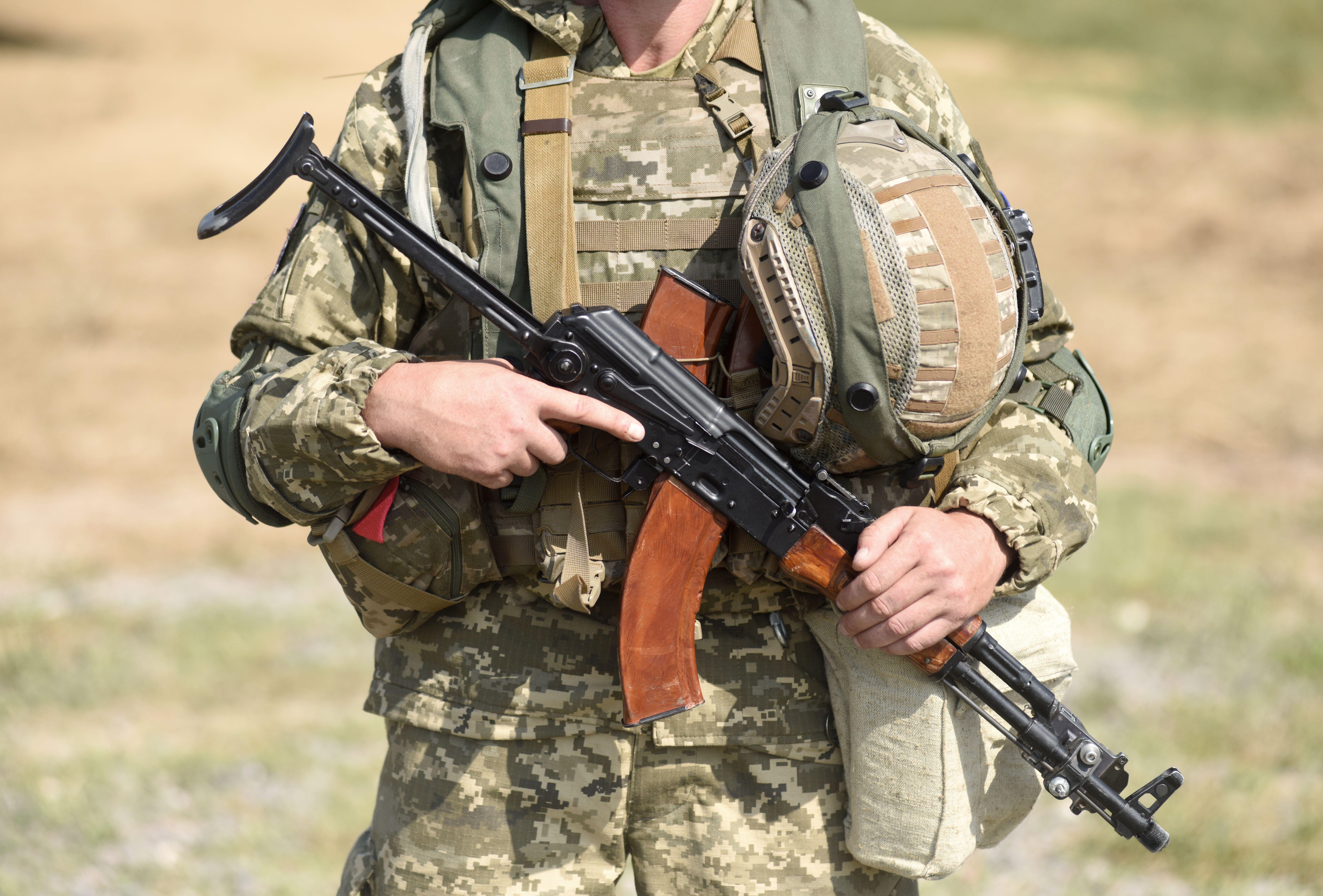European court intervenes in case of British pair condemned to death by Russia
Aiden Aslin and Shaun Pinner were captured while fighting for the Ukrainian army.

Your support helps us to tell the story
From reproductive rights to climate change to Big Tech, The Independent is on the ground when the story is developing. Whether it's investigating the financials of Elon Musk's pro-Trump PAC or producing our latest documentary, 'The A Word', which shines a light on the American women fighting for reproductive rights, we know how important it is to parse out the facts from the messaging.
At such a critical moment in US history, we need reporters on the ground. Your donation allows us to keep sending journalists to speak to both sides of the story.
The Independent is trusted by Americans across the entire political spectrum. And unlike many other quality news outlets, we choose not to lock Americans out of our reporting and analysis with paywalls. We believe quality journalism should be available to everyone, paid for by those who can afford it.
Your support makes all the difference.The European Court of Human Rights (ECtHR) has intervened in the case of two Britons condemned to death for fighting Russian forces in Ukraine.
The Strasbourg-based court has indicated to Moscow that it should ensure the death penalty imposed on Aiden Aslin, 28, originally from Newark in Nottinghamshire, and Shaun Pinner, 48, from Bedfordshire, is not carried out.
The pair have been treated as foreign mercenaries by pro-Russian authorities in the self-proclaimed Donetsk People’s Republic (DPR), who handed down the sentences to the men who were fighting for the Ukrainian army.
Mr Aslin and Mr Pinner were living in Ukraine before the invasion and the UK Government has insisted that, as legitimate members of the Ukrainian armed forces, they should be treated as prisoners of war under the Geneva Convention.
The ECtHR said the men are married to or live with Ukrainian nationals and consider Ukraine to be their home.
They joined the Armed Forces of Ukraine (UAF) in 2018 and were subsequently deployed to join the 36th Detached Marine Brigade in Mariupol, the court said.
Russian authorities announced on April 13 that 1,026 Ukrainian service personnel of the applicants’ brigade had surrendered to Russian forces in Mariupol.
The ECtHR said that on June 9 the men were accused of offences proscribed by the “Criminal Code of the DPR” and were sentenced to death by a “DPR court”.
Brahim Saadoune, a Moroccan national, was also sentenced to death on the same day, and the ECtHR granted interim measures in his case earlier this month.
Representatives of Mr Aslin and Mr Pinner made their requests to the court on Monday under Rule 39 to ensure their convention rights.
In examining the requests for an interim measure, the court decided to indicate to the Russian government that it should “ensure that the death penalty imposed on the applicants is not carried out”.
The court has also indicated to Moscow that it should “ensure respect for the convention rights of Shaun Pinner and Aiden Aslin, notably in respect of Articles 2 (right to life) and 3 (prohibition of inhuman or degrading treatment) of the convention, ensure the appropriate conditions of their detention, and provide them with any necessary medical assistance and medication”.
The court requested that the Russian government provide information in two weeks to show what actions and measures have been taken to ensure respect for the convention rights of Mr Pinner and Mr Aslin.
Despite its exclusion from the Council of Europe on March 16, the Russian Federation remains bound by the European Convention on Human Rights with regard to acts or omissions taking place up until September 16, according to a spokesman for the council.